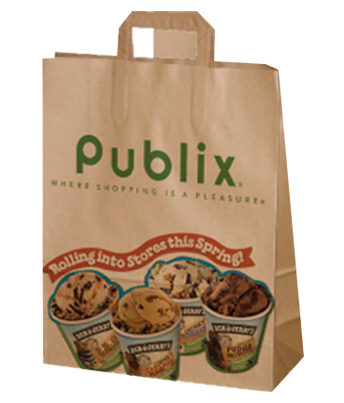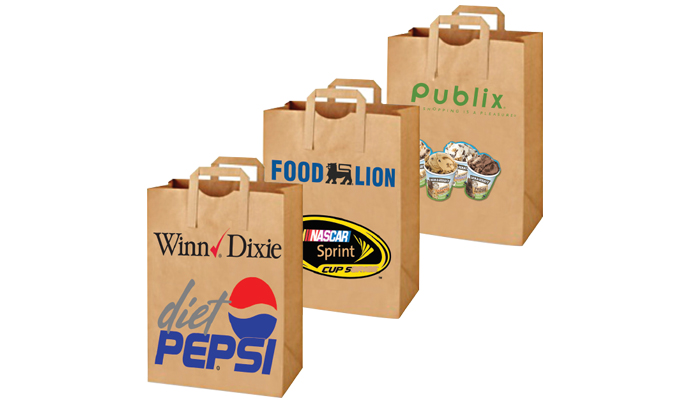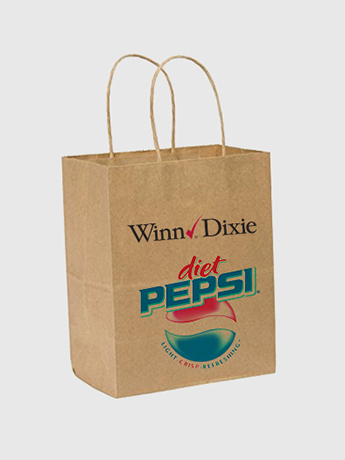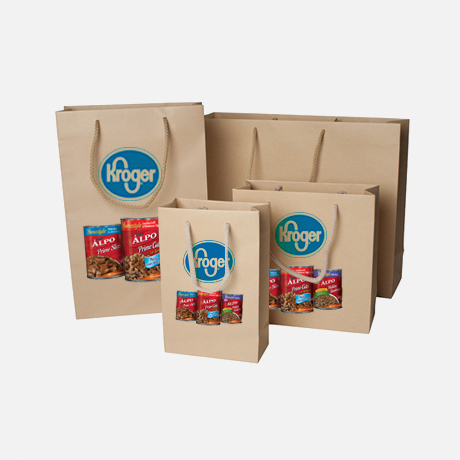

Saving the Environment with Paper Bags
Paper Bags are able to hold more items per bag — anywhere from 50 to 400 percent more, depending on how they’re packed. The numbers here assume that each paper bag holds 50 percent more than each plastic bag, meaning that it takes one and half plastic bags to equal a single paper bag.
Paper Bags Recycling – If you compost them, the bags break down and turn from paper into a soil rich nutrient. This transformation occurs in just a couple of months.
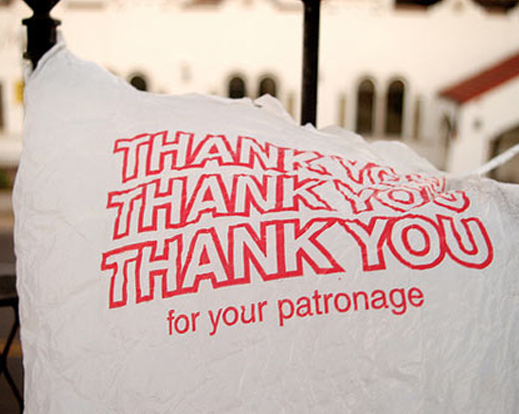
Many States Outlaw Plastic Bags
Many states are passing ordinances regulating the use of plastic bags. This is a major step in aesthetically improving our community while reducing the expense of plastic bag disposal. Bag ordinances are not a new approach to dealing with plastic bag blight. There are 41 countries with plastic bag legislation and 26 US States with proposed legislation.
Additionally, Hawaii was the first state to regulate the use of plastic bags. The passage of an ordinance will be a major step in breaking our addiction to single-use bags. This will help protect our coastlines and beaches from unsightly and costly pollution. It will also decrease marine fatalities caused by the pollution of single-use plastic bags.
We use plastic bags for minutes, yet they persist in having negative effects on our environment for hundreds of years. The average person uses 360 single-use plastic bags every year, which comes to over a billion bags per year.
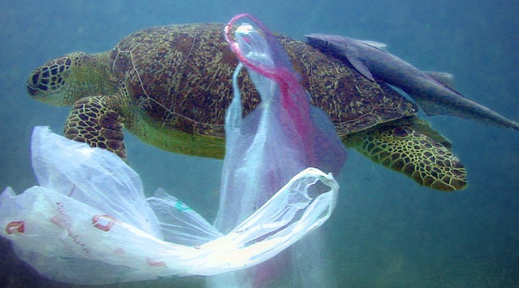
The Effects of Plastic Bags in Waterways
The environmental balance of our waterways is being thrown off by the effects of pollution from plastic bags; every other living organism in the waterway is impacted by this. One of the greatest problems is that an estimated 300 million plastic bags end up in the Atlantic Ocean alone. It is estimated that this causes over 100,000 deaths in animals throughout the world each year, on both lands and in our oceans. These bags have a habit of killing sea turtles, shorebirds, and Porpoises. These animals often mistake the bags for jellyfish and end up choking and dying a slow, painful death.
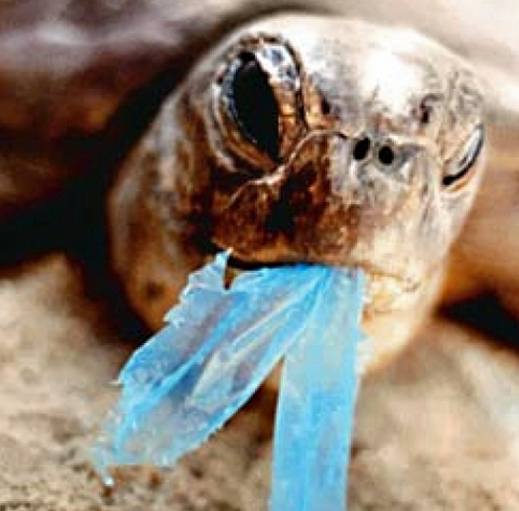
The Effects of Plastic Bags on Land
Every bag that ends up in our woodlands can threaten the natural progression of wildlife. Because the breakdown rate is so slow the chances that the bag will harmlessly go away are extremely slim. Throughout the world plastic bags are responsible for suffocation deaths of woodland animals as well as inhibiting soil nutrients.
The land litter that is made up of plastic bags has the potential to kill over and over again. It has been estimated that one bag has the potential to kill one animal per every three months due to unintentional digestion or inhalation. If you consider the number of littered plastic bags ranges from 1.5 million to 3 million depending on location, this equals a major impact on our ecosystem. Without the balance of the ecosystem, food sources dry up and starvation occurs. With an increase in plastic bag use throughout the world, the eventual effects could be literally devastating even to the human population. With more than 500 billion. Possibly as many as a trillion, plastic bags in circulation annually this can lead to a catastrophic littering problem. Not only is littering unattractive but it is also a very serious environmental hazard.
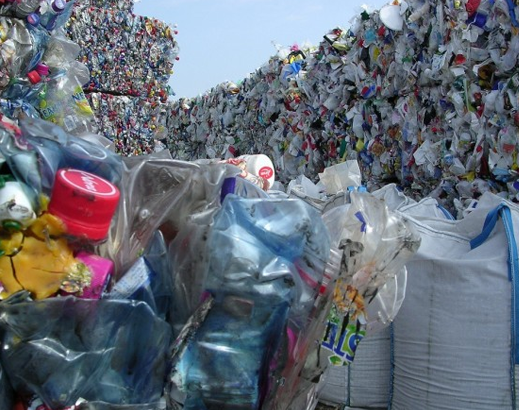
Why Recycling Plastic Bags Doesn’t Work
While it’s a noble thought to place the plastic bags in the recycling bin every week, studies have proven that there are very few plants that actually recycle them. Most municipalities either burn them or send them off to the landfill after sorting. This is because the cost can be high to recycle this particular type of plastic. It does not melt down easily and is often not realistically able to be reused from its original form without the considerable overhaul to the facility. Yet funding for the upgrades just has not happened and thus less than 1% of all bags sent to recycling plants worldwide end up in the recycling project. Most are left to become a pollution problem in one way or another. The sad thing is, out of 100 trillion plastic bags, only 1% is recycled. It takes 1,000 years for plastic bags to break down, making them non-biodegradable. Burning these bags is not a solution because when burned they release toxic fumes into the soil and the air.

How Can You Help
If your Grocery store does not offer paper bags ask them to contact www.ShoppingBagsFree.com THEY ARE FREE….. That’s how important saying NO to plastic is to our environment. We will provide hundreds of millions of bags to stores around the country for free. Try switching to paper bags instead of plastic the next time you go grocery shopping.
Paper bags are much better for our environment and can be easily recycled. If you are an animal lover, you could be saving animals around the World just by switching to paper bags.
